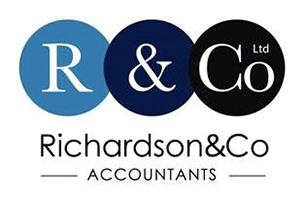Government corrects position on AMAPs
In a response to an online petition to increase the approved mileage allowance payment rates, the government made a misleading comment. What happened, and what is the correct position?

Approved mileage allowance payment (AMAP) rates haven’t increased for over twelve years. In that time, the cost of petrol and diesel has increased significantly. The AMAP rates are supposed to cover fuel and an element of wear and tear for business mileage undertaken in an employee’s own vehicle. Critics say that the current rates are no longer enough to reflect the true cost of driving. In particular, organisations that rely on voluntary drivers are saying they are struggling to attract drivers for important tasks, e.g. driving patients to hospital appointments. An electronic petition was submitted urging the government to increase the AMAP rates.
The government’s response intimated that employers could pay employees a rate in excess of the AMAP rates with no tax or NI as long as they have evidence for the actual costs. A ministerial statement later clarified that this only applies to volunteer drivers. To be clear, you should not pay your employees an amount in excess of the AMAP rates if you don’t want any tax or NI to apply. The AMAP rates for cars are 45p for the first 10,000 miles, and 25p thereafter. Motorcycles and bicycles have separate rates of 24p and 20p with no reduction above 10,000 mile. Payments made above these rates will need to be reported on Form P11D, and you will incur Class 1A NI.





 This website uses both its own and third-party cookies to analyze our services and navigation on our website in order to improve its contents (analytical purposes: measure visits and sources of web traffic). The legal basis is the consent of the user, except in the case of basic cookies, which are essential to navigate this website.
This website uses both its own and third-party cookies to analyze our services and navigation on our website in order to improve its contents (analytical purposes: measure visits and sources of web traffic). The legal basis is the consent of the user, except in the case of basic cookies, which are essential to navigate this website.